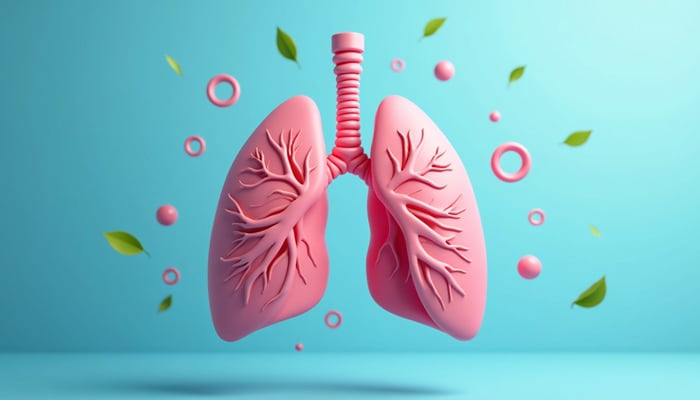
Your daily habits and surroundings might be silently deteriorating your lungs. From scented candles to poor ventilation, common products may reduce lung health over time.
Discover a few essential and simple home remedies to naturally cleanse your indoor air and enhance breathing.
Perform exercise
For improved lung health, regular exercise plays a pivotal role by strengthening the respiratory muscles and enhancing the overall lung capacity.
Aerobic exercises and activities, including brisk walking, and cycling improve the efficiency of the lungs and heart in delivering oxygen all over the body.
Indoor air pollution
Pollution is often associated with the outdoors such as traffic smoke, dust storms, and more.
However, indoor air can sometimes becomes extremely toxic compared to the outside area.
Using mosquito coils, sprays, chemical cleaners, and aerosol-based room fresheners mix into a toxic cocktail that your lungs are forced to inhale, leading to severe respiratory-related complications.
Proper ventilation required
To eliminate pollutants you have inhaled that directly affect your lung health, appropriate ventilation is considered to be the most effective solution.
Instead of using artificial air fresheners, use lemon peels, boiled cloves, and tulsi for natural air cleansing.
Try to keep several air-purifying houseplants, including aloe vera, snake plant, and areca palm once or twice a week.
Kitchen smoke
Cooking in certain kinds of utensils produces fine particles and gases that damage the respiratory tract. Without any exhaust fan, this smoke enters the kitchen, causing suffocation in the whole house.
If you frequently cough while frying something or find watery eyes, then it indicates an irritation in the lungs.















